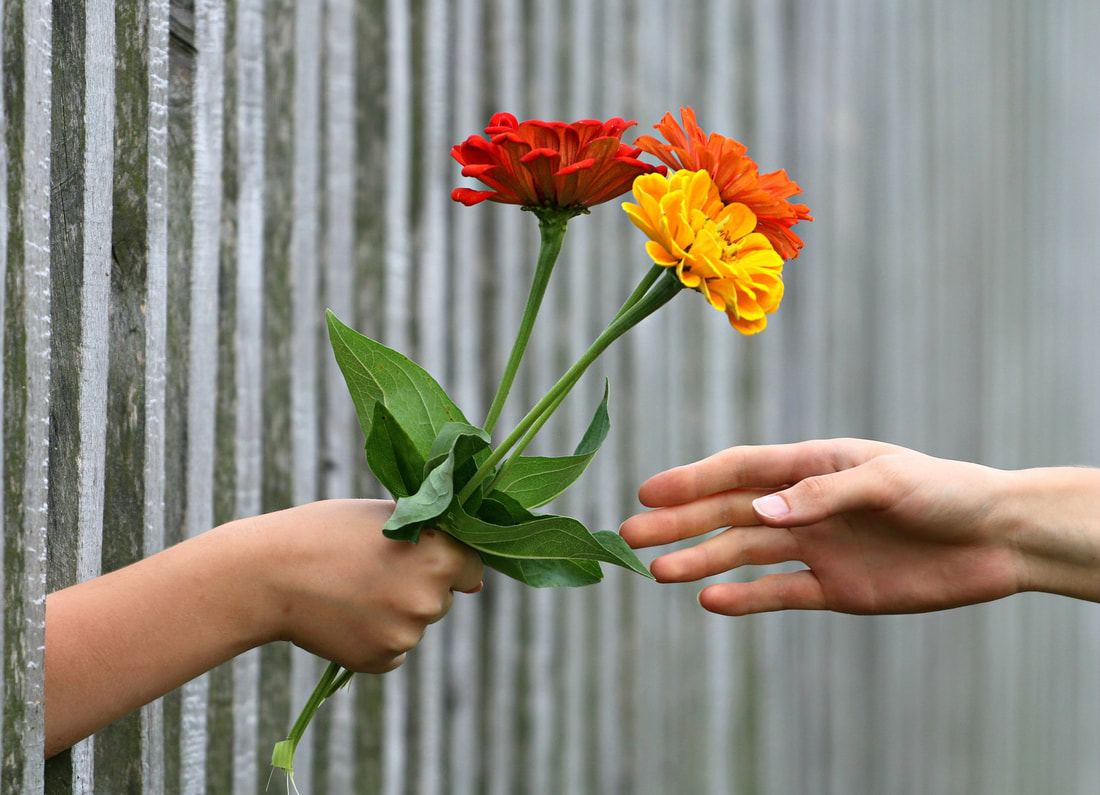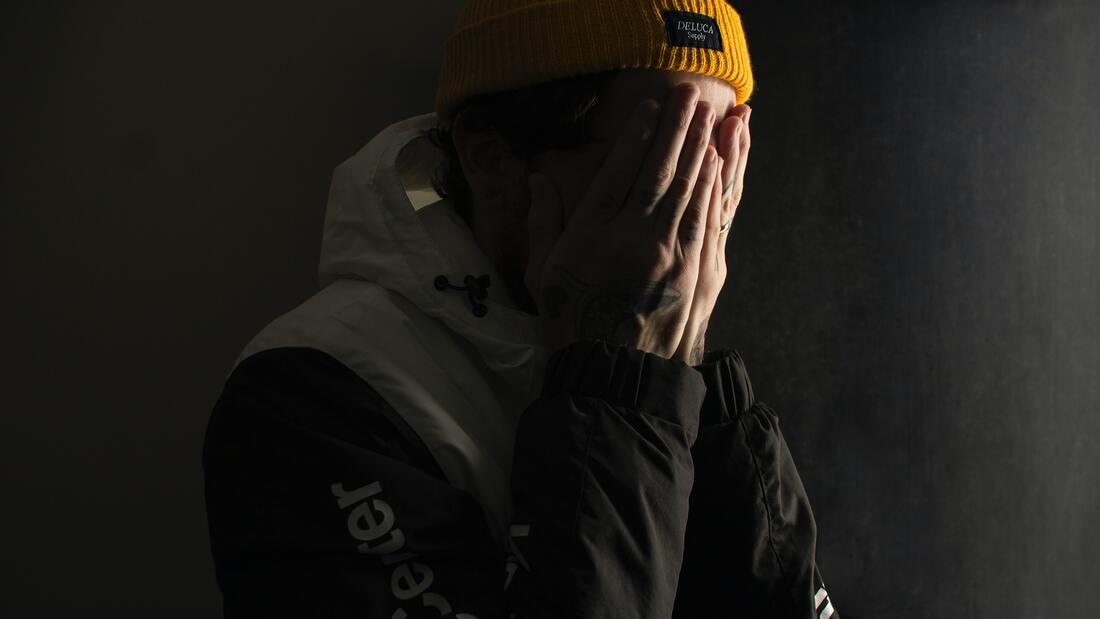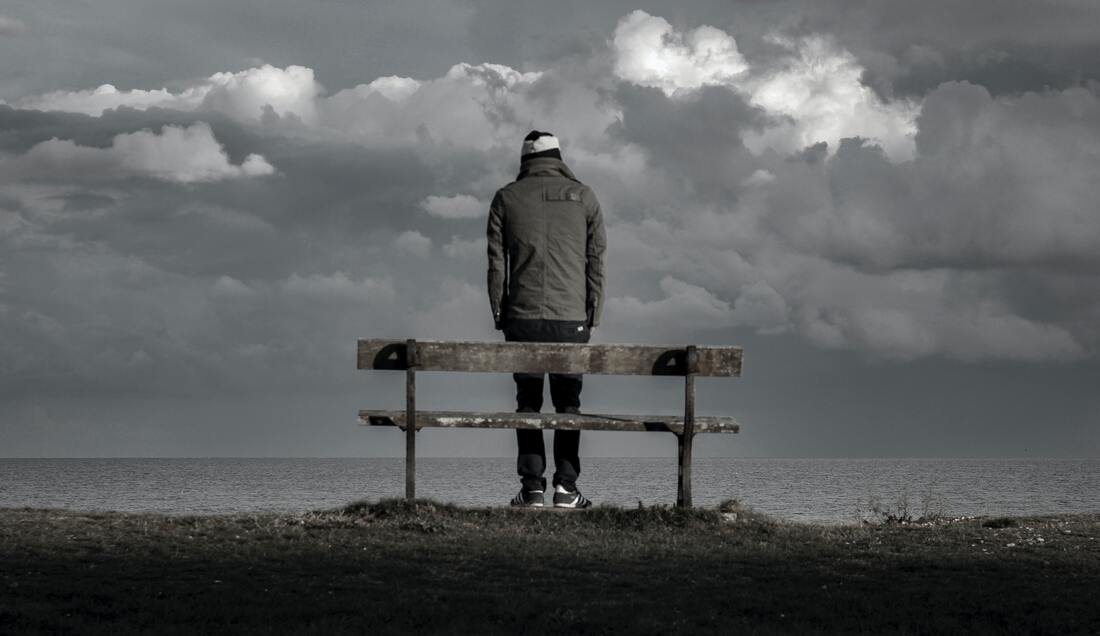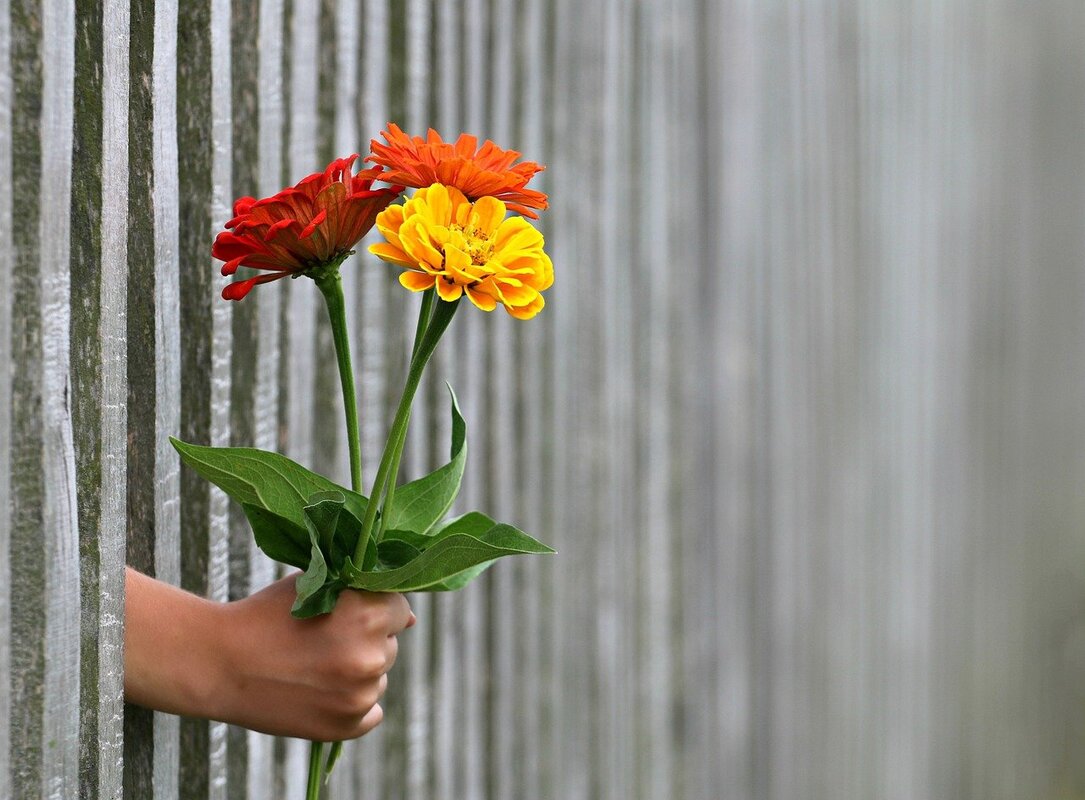|
A massage therapist who neglects his body. A counselor who struggles to receive care from others. An art teacher who won’t make time for her own creativity. What do these have in common? Throughout my time as a therapist and a non-therapist regular human, I’ve encountered something again and again: people who have chosen careers where they generously give others what they won’t or can’t allow themselves to receive. Sometimes we’re conscious of the disconnect, the very injustice of it all. Other times we’re seemingly unaware of the ways our life’s work includes everyone but us. Consider this story about a fictional therapy client. (No confidentiality is being violated as he is only very loosely based on real people.) [CW: Brief mentions of religious trauma and homophobia] Alex was a social worker and activist. For two decades, he devoted himself to a career providing direct service to and advocating for LGBTQIA folks. He would often speak about the injustice this community has faced throughout history. He would cry tears of joy with every victory—from history-making legislation to the small moments of watching one of his gay teen clients experience his first love. He often spoke about the importance of being a good ally—of using his cishet privilege to make a safer and more equitable world for LGBTQIA folks. He felt moved to create a world where everyone was free to safely and proudly live life as their true selves. The thing is, Alex wasn't an ally. He was bisexual. But this truth was buried under hearty layers of a deeply homophobic religious upbringing. The conditioning he received as a child was so strong that it effectively hid his sexual orientation from him for most of his life. It was only recently that these protective layers started to crumble. He found himself suddenly confronting the fact that he was a part of the community he had been fiercely loving and advocating for for his entire career. It was a lot to take in. One day in session, he had a realization that stopped him in his tracks: The work he was passionate about, the acceptance and permission and affirmation he freely gave others was something he could not give himself. When we explored this tension, feelings of shame and unworthiness would quickly come to the surface. Alex was perplexed. When he thought about others having access to this same thing, there was no judgment. So, why was it only “bad” when it came to him? Why was it only shame-worthy when he was included in the circle of people who deserved this? I offer a story that contains one possible answer to this question. Imagine a part of Alex hadn’t been completely extinguished by the trauma of his homophobic upbringing. This part rejected the messaging he was raised with and became an advocate for LBGTQIA folks. But when he tried to include himself in that group, another part of him popped up to protest. This part still under the spell of his past told him being bisexual was bad, wrong, and shameful. This part wanted desperately to protect him from being rejected or abandoned. From being punished for his "sins." A freer part (some might call this his “true self”) continued to plug along getting further down the path toward liberation. But that other part still kept him from feeling welcome to what he adamantly believed others were entitled to. And something prevented him from seeing the cognitive dissonance. This might seem like a tragic tale. But it’s also possible to see the path he chose for his career as a necessary phase of his healing process–whether or not he was fully conscious of it. Years ago, it had been too threatening to pursue his queerness directly. He would have had to untangle from years of religious trauma that came with homophobia and shame around sexual desire. But a part of him that had not been completely snuffed out escaped the prison of this trauma and found its way onto a parallel path. One where he could be close to this liberatory truth about his identity, but far enough away to stay safe. A path that allowed him to pursue something that felt deeply important—perhaps even vital to his survival—without having those protective strategies and structures come crashing down inside him before he was ready. Then, years later when he had done more healing, it finally became possible for him to consider the seemingly obvious question that had been too scary to ask before: why would these beliefs apply to everyone in the world except me? Sometimes the work we go into is actually motivated by a desire to give other people what we so desperately long for and never had.
This may not be conscious. But hidden inside the work we choose there may be a clue: something we deeply desire and deserve, but are not yet ready to receive. If you're wondering whether this might apply to you, here are some questions you can reflect upon: First, consider: What lights me up? What do I champion, celebrate, fiercely advocate for others to have? What threads have been running through my work life? What have I dedicated my life to? And then: Do I feel entitled to this in my own life? Do I allow myself to receive it or to take up space? If the answer is no, we may wonder: OK, so now what???? There's no right or wrong next step. You may choose to recommit to your line of work even more enthusiastically fueled by this newfound awareness that you too are worthy of what you offer others. But it’s also possible that you'll realize this career was merely a phase of your healing process and that it's time to start a new chapter. You may decide it’s time to refocus and redirect your energy towards learning how to find and receive these gifts you have been giving others. This change might lead to a career change. It’s ok if it does. Even if it causes an identity or existential crisis. You can survive that. In some cases, healing and thriving are waiting for you on the other side. There may be enormous grief with this realization. And I believe we need to let ourselves grieve it fully. But it's possible to also acknowledge that your life might have unfolded in the way it needed to. I don’t mean that in a toxically positive, spiritually bypassing way. What I do mean is that healing only happens at the pace we can tolerate it. So we might have needed this period of time of giving others what we most long for before we could safely turn it around in our direction. Alex's story is just one example of many. It's not always about sexual orientation of course. Sometimes we make careers out of offering people attunement, care, affirmation, and safety because we didn't have these things as children. Or wanting people to know they matter because nobody ever told us that we did. Or encouraging people to pursue their passions because we were talked out of ours because they weren't "practical." It's sad to think about the years we spent depriving ourselves of what we truly want and deserve. But I can't help but also feel delighted by the idea that a part of us still found a way to tell the world (and ourselves) THIS MATTERS. This gets to matter. Sometimes we can't yet give it to ourselves so we readily, generously, enthusiastically offer it to others. Making sure no one else feels the lack or the pain that we felt / feel. Hoping other people won't end up with the same regrets about paths not taken and years not fully lived. Maybe giving it to others is as close as you can get right now. It's ok. Be patient. Your turn is coming.
0 Comments
Your comment will be posted after it is approved.
Leave a Reply. |
authorfara tucker (she/her) is a poet, copywriter,life cycle celebrant, former therapist, and current therapy client. archives
September 2022
categories |





 RSS Feed
RSS Feed